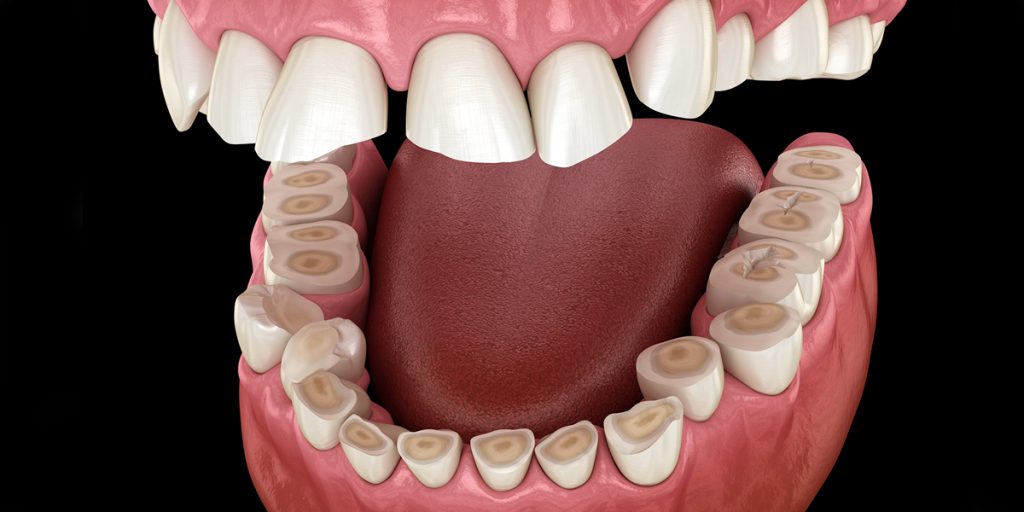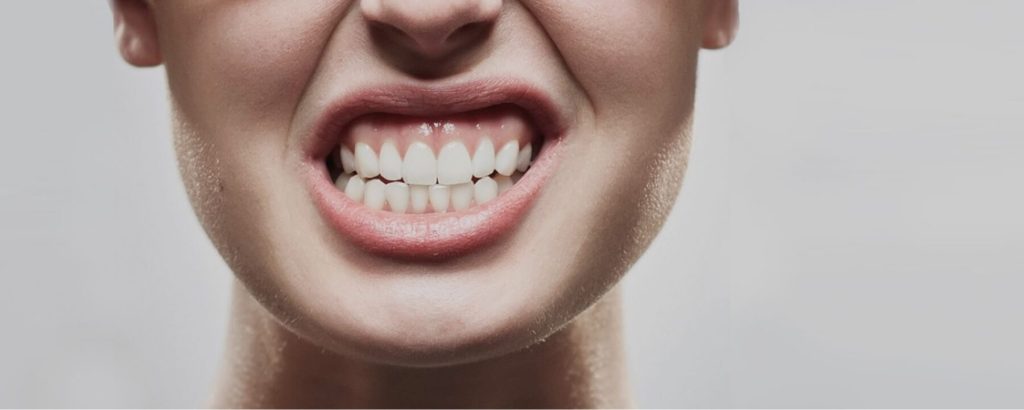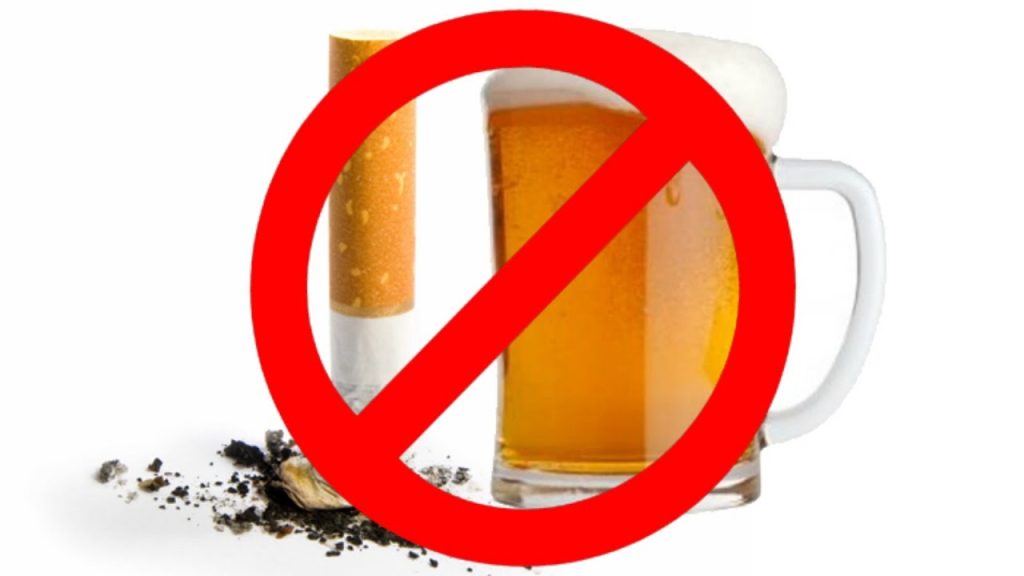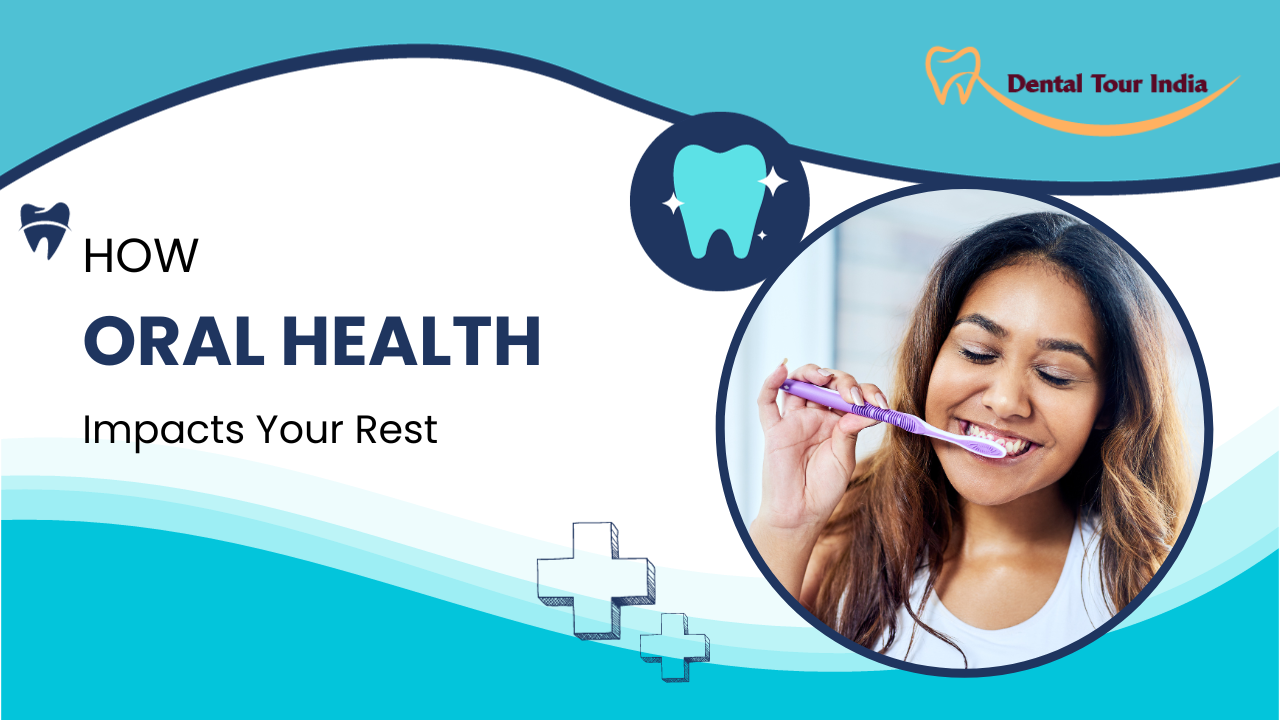We all know that oral health is crucial for a beautiful smile and overall well-being, but did you know it can also effect your quality of rest? Yes, you read that right! Your oral health has a direct connection to the quality of sleep you get each night. In this blog, we will explore how oral health can affect your rest and why taking care of your teeth and gums is important for a good night’s sleep.
Sleep-disordered breathing and Snoring:
One of the most common oral health issues that can interfere with your rest is sleep-disordered breathing, which includes conditions like snoring and sleep apnea. These conditions are often related to the structure of your upper airway, and your oral health plays a significant role.

If you have bad oral health, it can cause several problems that contribute to snoring and sleep apnea:
- Gum Disease:
- Gum disease is a chronic infection of the gums of the teeth. Infection and inflammation in the oral cavity can lead to inflammation in the airway, making it more likely for your airway to become partially blocked during sleep.
- Tooth Loss:
- Missing teeth can change the alignment of your jaw and affect your bite. This can result in changes to your airway structure, potentially leading to snoring and sleep apnea.
- Tongue and Tonsil Size:
- Enlarged tonsils or an oversized tongue can block the airway during sleep. This issue can be exacerbated by poor oral health, leading to more frequent breathing problems during the night.
Bruxism (Teeth Grinding):
Bruxism, or teeth grinding, is another oral health issue that can disrupt your sleep. Many people grind their teeth while sleeping without even realizing it.
The grinding and clenching of teeth can be loud enough to wake up your partner, but it can also cause you to wake up frequently throughout the night.

Bruxism can result from misaligned teeth or stress, among other factors. It can cause tooth damage, headaches, jaw pain, etc., all of which can badly affect your sleep quality.
- Pain and Discomfort:
Oral health problems such as toothaches, gum pain, or oral infections can be extremely uncomfortable, making it difficult to fall asleep. Pain in your mouth can radiate to your head and neck, causing additional discomfort that can keep you awake at night.
- Medication Side Effects:
Many medications prescribed for oral health issues, such as antibiotics or pain relievers, can have side effects that disrupt your sleep. Some medications can cause drowsiness during the day and insomnia at night, creating a cycle of poor sleep.
- Mental Health and Sleep:
There is a strong relationship between oral health and mental health. Poor oral health can lead to feelings of embarrassment and self-consciousness, which can contribute to anxiety and depression. Conversely, mental health issues can lead to neglect of oral hygiene and regular dental care. Both scenarios can disrupt sleep patterns and overall well-being.
So, what can you do to improve your oral health and, in turn, enhance your sleep quality?

1. Maintain Good Oral Hygiene:
The base of good oral health is regular and thorough oral hygiene. Brush your teeth at least twice a day, floss daily, and use an antiseptic mouthwash. Don’t forget to change your toothbrush every 3-4 months.
2. Visit Your Dentist Regularly:
Regular dental check-ups are essential to detect and address oral health issues early. Your dentist will identify signs of gum disease, infections, cavities, and other problems that may impact your sleep.


3. Address Bruxism:
If you grind your teeth, talk to your dentist about it. Managing bruxism can not only protect your teeth but also improve your sleep.
4. Manage Stress:
Stress is a significant contributor to many oral health problems. Practice stress-reduction practices such as meditation, deep breathing exercises, or yoga to keep your stress levels in check.


5. Stay Hydrated:
Dry mouth can cause oral health issues and sleep problems. Drink plenty of water throughout the day to keep your mouth moist and reduce the risk of tooth decay.
6. Avoid Alcohol and Tobacco:
Alcohol and tobacco use can harm your oral health and disrupt your sleep. Limit or eliminate these substances to improve your overall well-being.


7. Maintain a Healthy Diet:
Eating a balanced diet rich in vegetables, fruits, and whole grains can promote good oral health. Avoid excessive sugary and acidic foods and beverages, as they can contribute to tooth decay.
8. Seek Treatment for Sleep Disorders:
If you suspect you have a sleep disorder such as sleep apnea, consult a healthcare professional. Treatment options are available, including lifestyle changes, CPAP machines, and dental devices designed to improve airflow during sleep.

In conclusion, oral health is intricately linked to the quality of rest you receive each night. Poor oral health can lead to sleep-disordered breathing, snoring, teeth grinding, and discomfort, all of which can interfere with your sleep. Conversely, sleep problems can contribute to neglect of oral hygiene. By prioritizing your oral health and addressing any issues promptly, you can improve your sleep and overall well-being.
Remember, a healthy mouth leads to a restful night’s sleep and a brighter, healthier smile during the day.

